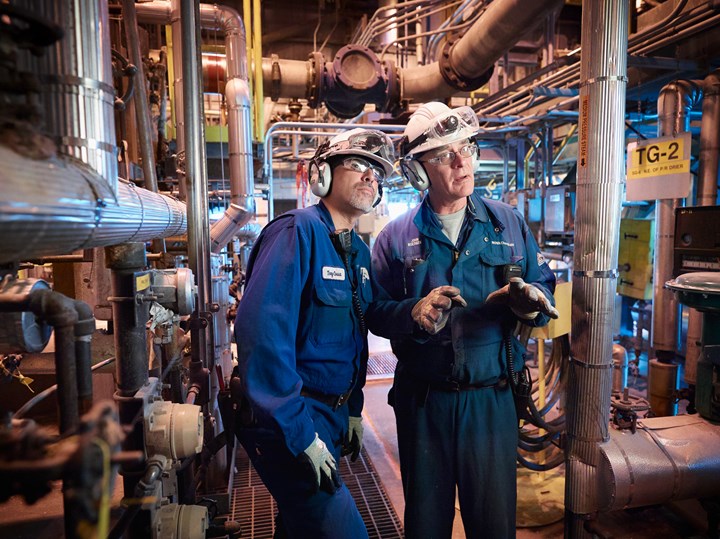NOVA Chemicals Sets Bold ESG Aspirations
Included are 30% of PE sales to come from recycled content by 2030 and expansion of its Advanced Sclairtech product portfolio.

NOVA Chemicals has set bold ESG (Environmental, Social & Governance) aspirations to drive the circular economy for plastics, in line with its vision to become the leading sustainable polyethylene producer in North America. By 2030, the company aims to:
▪ Set new industry standards for driving the transition to the plastics circular economy and solidifying the market for recycled polyethylene, with 30% of its PE sales from recycled content;
▪ Be at the forefront of decarbonization by reducing its Scope 1 and 2 absolute CO2 emissions by 30%; and
▪ Become a Top 30 company in Canada.
To achieve these aspirations, NOVA Chemicals anticipates a $2 billion to $4 billion investment by 2030 to expand its sustainable product offerings, decarbonize assets, and build a state-of-the-art mechanical recycling business while exploring new advanced recycling technologies to create high-quality, high-performance recyclable and low carbon plastics.
Building on its proprietary, Advanced Sclairtech technology, NOVA will explore expanding its product portfolio to include the development of innovative, advanced materials. These new product offerings, which will include the company’s first Astute polyolefin plastomers line, will better serve existing customers and provide more options for sustainability-focused end markets such as electric vehicles and renewables.
NOVA Chemicals has already begun growing its portfolio of recycled and recyclable PE resins through its recently announced launch Syndigo PE portfolio of resins made from circular polymers to encourage both waste and emissions reductions.
The company’s 2030 aspirations are shorter-term objectives that will help NOVA reach its ultimate goal of achieving net-zero Scope 1 and 2 absolute CO2 emissions by 2050. The company has developed a technical solutions-focused roadmap for decarbonizing its asset base by improving energy efficiencies, electrifying and acquiring renewable power, and exploring clean hydrogen as a low carbon fuel source and Carbon Capture, Utilization, and Storage (CCUS). The company will also continue to pursue new technologies to abate and eliminate emissions from its production processes, such as the development of its proprietary Low Emissions Ethylene Process (LEEP) technology. NOVA also has a virtual power purchase agreement (VPPA) with Shell Energy for renewable power, marking the first of many opportunities to increase low carbon, renewable energy in its power portfolio.
Said NOVA Chemicals CEO Danny Dweik, “NOVA’s Roadmap to Sustainability Leadership details a strong plan forward for the company to become the leader in sustainable polyethylene production while building on our commitments to developing innovative solutions for our customers, enabling the circular economy, and being a responsible steward of our environment. Plastic products play an essential role in our daily lives. With our renewed purpose of reshaping plastics for a better, more sustainable world, we have developed a clear pathway to become a catalyst for a low carbon, zero-plastic-waste future.”
Related Content
-
Melt Flow Rate Testing–Part 1
Though often criticized, MFR is a very good gauge of the relative average molecular weight of the polymer. Since molecular weight (MW) is the driving force behind performance in polymers, it turns out to be a very useful number.
-
The Importance of Melt & Mold Temperature
Molders should realize how significantly process conditions can influence the final properties of the part.
-
Commodity Resin Prices Flat to Lower
Major price correction looms for PP, and lower prices are projected for PE, PS, PVC and PET.















